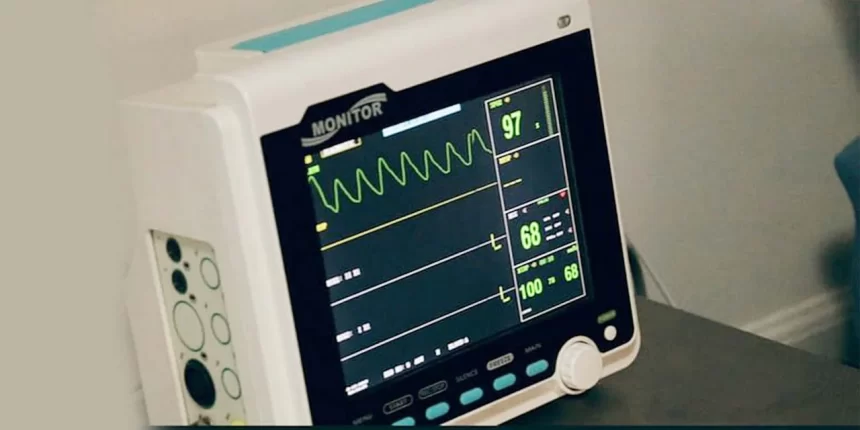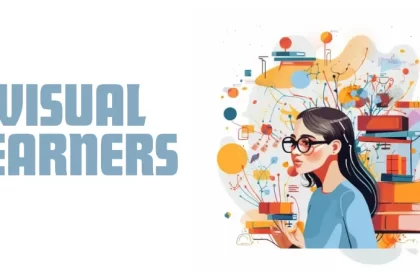It is no secret that the integration of technology has brought significant improvements to the healthcare industry. These advances have helped patients get better care, heal more easily, and lead happier lives, while doctors can better diagnose and save millions of lives.Cognitive Computing improving Medical World.
Artificial Intelligence (AI) and cognitive technologies have attained significant popularity in recent years and have been embraced more widely. Improved adoption of cognitive and AI platforms, across patients and hospitals, can be due to their more tremendous potential for deployment in the health care industry. To mimic the way the human brain works and thinks, it uses data mining, pattern recognition, and natural language processing. The more data is served, the greater understanding a decision needs to be made.
The size of the Cognitive Computing Market is projected to increase from the US $20.5 billion in 2020 to the US $77.5 billion by 2025, at a CAGR of 30.5%.
CATEGORIZATION
The market for cognitive computing consists of 5 factors viz:
- Type of Offer: Hardware, Software, Services
- Technology: Natural Language Processing, Deep Learning, Context-Aware Processing, and Querying System
- Application: It can be either of the preliminary diagnosis, robot-assisted surgery, virtual nursing assistant, patient clinical trial recognition, reduction of dosage errors, administrative workflow assistance, detection of fraud, etc.
- End-user: Provider of healthcare, Pharmaceutical and Biotechnology Organization, Patient or Payer, where each has a specific function.
- Product Type: Machine Learning, Data Extraction, Analysis, Optical Character Recognition, Language Processing and Training, Speech Recognition, Computer Vision, Automatic Planning
- Geography: Field of wise division or Zones.
BENEFITS
The use of Cognitive Computing improving Medical World, has significant benefits which include:
- Faster Medical Study: Large amounts of data can be processed quickly. It is possible because of the data collection, juxtaposition, and cross-referencing capability. This would make medical reports and details correct and up-to-date. Due to individualized treatment plans, this will enable practitioners to gain the appropriate perspective and prepare for delivering the best quality patient care. It can also help to discover new insights into the relationships between genes, proteins, pathways, phenotypes, and diseases.
- Regular Process Improvement: It can help practitioners maximize their operational and clinical effectiveness. The right technology and optimal healthcare delivery systems would allow one to evaluate and interpret patient information and yet offer the staff enough time to care for the patients.
- Encourage Healthier Patient Behaviors: It would be easier to recommend safety measures for patients by convincing patients to take better care of themselves by evaluating significant results and better disease prediction.
- Improved Customer Experience: As tech experts say, robotics process automation can enhance patient relationships by delivering relevant and contextual information to patients without the need for staff interaction.
CHALLENGES
Like any technological product, however, this, too, has some big obstacles to address. In addition to man’s fear of adjusting to evolving minds and hesitating minds, these problems need to be addressed for smooth potential adoption. The principal challenges here are:
- Safety: Security will still be a problem in the age of digitization, and hence a significant priority. There has to be proper data encryption and security to handle a considerable amount of data.
- Adoption: A variety of collaborations between the government and other stakeholders for consistent outcomes must be made for this.
- Management/Up-gradation: Due to the obvious, simple human instinct, man is worried if it will kill him one day, as his main aim is to mimic the cycle of human thought. But what he fails to understand is that cognitive computing is being designed to function in harmony with humans and to have a symbiotic relationship.
- Long Development Cycle: Cognitive computing is currently being developed and researched as a generalized solution. This does not have the immediate advantage or flexibility of addressing scenario-based circumstances for a wider variety of industries. Over time, development cycles are slowly becoming shorter.
SUMMARY
Cognitive Technology is regarded as the Third Computing Age. It would remove doctor’s and patients’ time and travel constraints by having robots equipped with organizational skills, delegating routine reviews of clinical trials, and drug findings that tackle complex procedures in health care. It also has bonus advantages in reducing the cost of missed diagnoses and sub-optimal treatment options. Soon, this revolution will be deemed superior, best practice, make decision-relevant information in the health system for everyone, nullifying the one approach that fits all experience.










